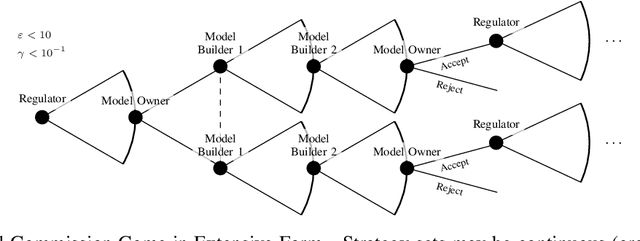SoK: Machine Learning Governance
Paper and Code
Sep 20, 2021
The application of machine learning (ML) in computer systems introduces not only many benefits but also risks to society. In this paper, we develop the concept of ML governance to balance such benefits and risks, with the aim of achieving responsible applications of ML. Our approach first systematizes research towards ascertaining ownership of data and models, thus fostering a notion of identity specific to ML systems. Building on this foundation, we use identities to hold principals accountable for failures of ML systems through both attribution and auditing. To increase trust in ML systems, we then survey techniques for developing assurance, i.e., confidence that the system meets its security requirements and does not exhibit certain known failures. This leads us to highlight the need for techniques that allow a model owner to manage the life cycle of their system, e.g., to patch or retire their ML system. Put altogether, our systematization of knowledge standardizes the interactions between principals involved in the deployment of ML throughout its life cycle. We highlight opportunities for future work, e.g., to formalize the resulting game between ML principals.
 Add to Chrome
Add to Chrome Add to Firefox
Add to Firefox Add to Edge
Add to Edge